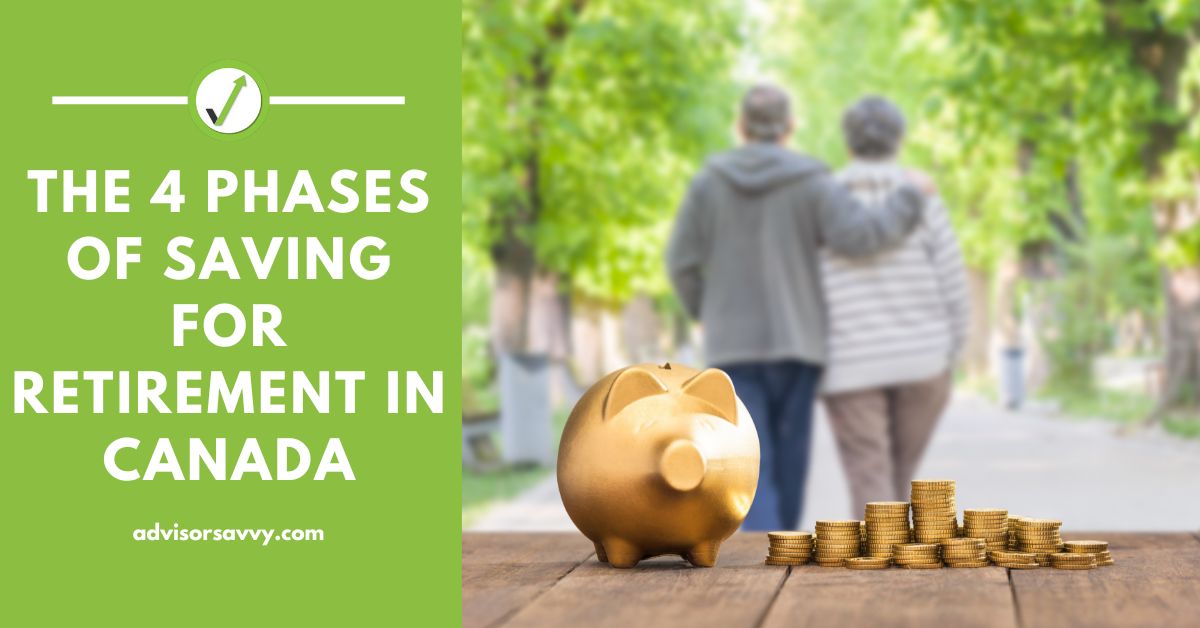Pre-Approval for a Mortgage in Canada: What to Know
If you’re a first-time home buyer, it can be easy to get caught up in the euphoria of finding the perfect home and leave crucial financial details behind. We know, the financing aspect isn’t exactly as fun as choosing location and interior design! But that doesn’t mean you shouldn’t take the time to assess your financial position and the pathway to securing a mortgage. One of the most vital considerations of a mortgage in Canada should be your budget. More specifically, what you can afford to pay for, what you’ll be able to borrow, and so on. Pre-approval for a mortgage serves as a reference point in the home-buying process, aiding you to keep your home shopping within your financial reach. Further, it gives you an advantage in the competitive real estate market as sellers take you more seriously when you have pre-approval. If you’re ready to start your home shopping journey, it’ll be a great plus to read through
Continue reading


















